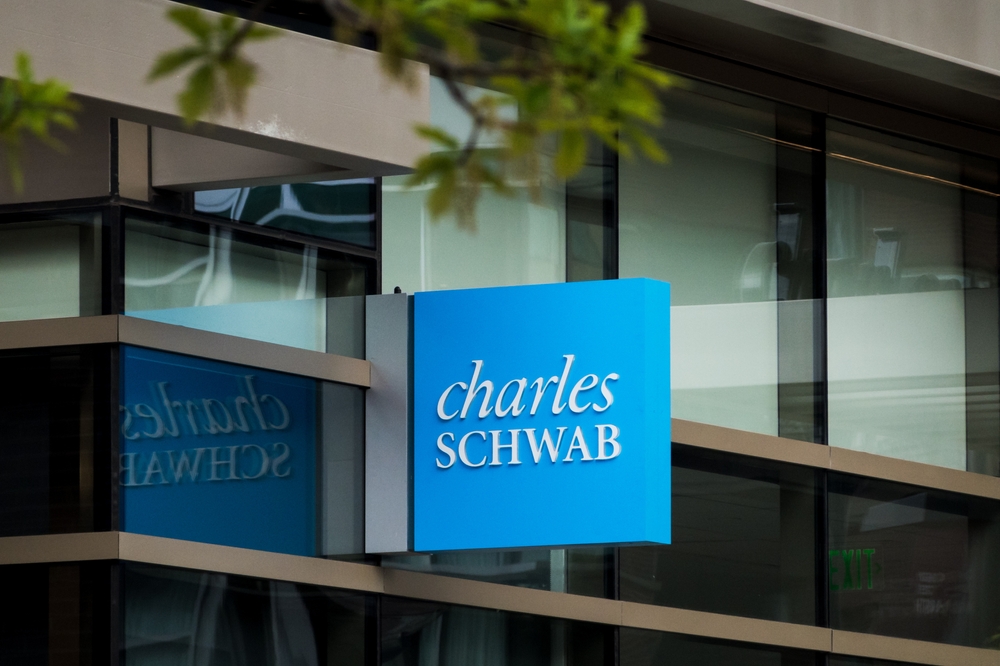
Individual investors are running for the hills.
According to Schwab’s latest Trading Activity Index (STAX), self-directed clients were net sellers in every S&P 500 sector last month — except for consumer discretionary and financials.
The index dropped to 48.36 in March, down nearly 7% from February, marking its lowest reading since last September and the second decline in three months.
“There was a lot of carnage the first and second weeks of March,” said Joe Mazzola, Schwab’s head trading and derivatives strategist. “It leveled off in the third week, and then faltered into the end of the month.”
Schwab blamed the drop on rising concerns over tariffs, the threat of a government shutdown, and weakening consumer and business sentiment.
March’s University of Michigan Consumer Sentiment Index fell sharply to 57.9 from 64.7, and inflation expectations surged — the biggest jump since 1993.
That’s stoked fresh fears of stagflation, a rare and painful combo of low growth and rising prices. “Sentiment weakness led to market weakness,” Mazzola said. “Inflation expectations were the highest in multiple decades.”
Investors ditch stocks, hide in ETFs
Even the traditionally defensive sectors didn’t escape the sell-off.
Schwab noted a “strange” shift in March as investors dumped energy and healthcare stocks — both of which are typically considered safe havens during sell-offs.
One theory is that they were cashing in on gains, since energy was one of the few sectors that actually rose during the month.
Instead of picking individual stocks, retail investors played it safe. Money flowed into ETFs and consumer discretionary names, led by Tesla and Amazon.
“As opposed to buying individual names on dips, investors broadened out a bit and bought ETFs,” said Mazzola. “At the equity level we saw outflows, but those were semi-offset by ETFs and fixed income.”
The sell-off in tech continued for a fourth straight month, barring a brief bounce in late January and early February.
Meanwhile, Wall Street’s frustrations are starting to show.
Billionaire hedge fund manager Bill Ackman, a longtime Trump backer, lashed out at the administration’s tariff policy on X this week, calling the math behind the calculations “bad” and “misleading.” He warned that the White House needs to correct course before April 9 or risk doing serious damage to the global economy.
BlackRock CEO Larry Fink didn’t hold back either, saying at the Economic Club of New York: “The economy is weakening as we speak,” and warning that consumers are already feeling the impact of tariffs.
“Most CEOs I talk to would say we are probably in a recession right now,” Fink added.
Your email address will not be published. Required fields are markedmarked